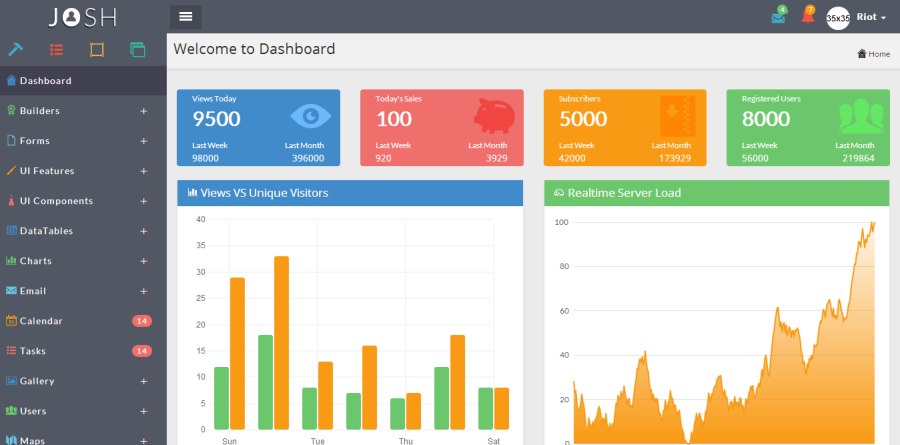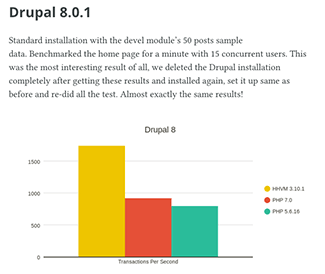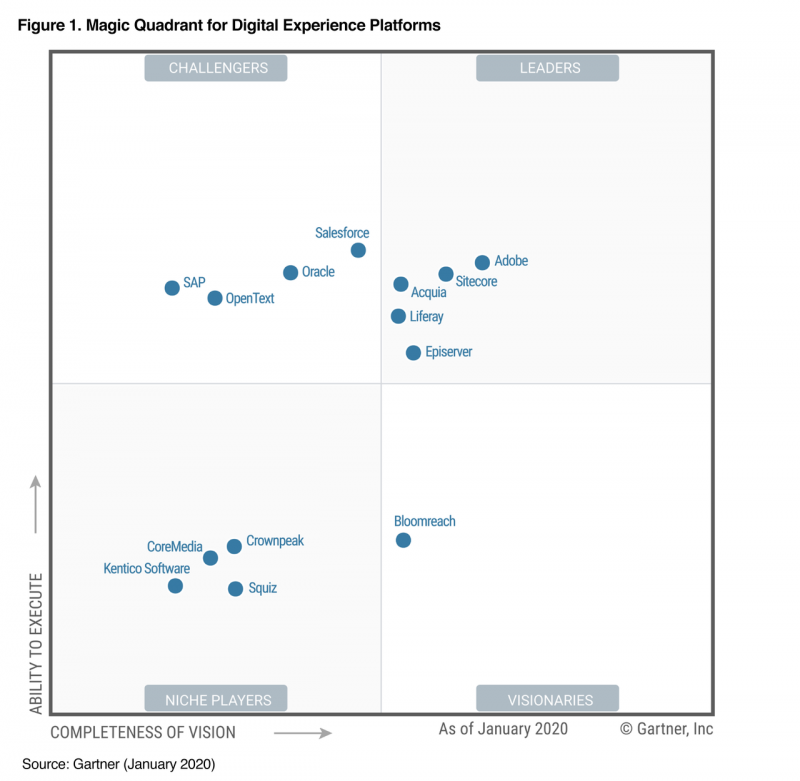
What's Django all about?
Web Development. We are there to support your digital transformation projects, whether you want a refresh or a fully bespoke solution, Digidrop are there for you, fully versed in employing Drupal solutions as well as a full host of other web development platforms. Laravel is ideally suited for fluent PHP developers who want a framework that can be used to both rapidly prototype web applications as well as support scalable, enterprise-level solutions. Laravel is ideally suited for fluent PHP developers who want a framework that can be used to both rapidly prototype web applications as well as support scalable, enterprise-level solutions. An integration with Laravel is also available, which adds support for failed jobs, migrations, and events. Framework Integrations¶ Drupal. MongoDB integration for Drupal. This is a collection of several modules which allow sites to store different types of Drupal data in MongoDB. Support for the mongodb extension exists for Drupal 8+. Web Development. We are there to support your digital transformation projects, whether you want a refresh or a fully bespoke solution, Digidrop are there for you, fully versed in employing Drupal solutions as well as a full host of other web development platforms.
Django is a free and open source python based web framework. Django is an opinionated framework, which enables you to create websites and web applications from an existing code base and ready-to-go components, rather than from scratch, which makes development quicker and easier. Built with front-end developers in mind, it is highly flexible, which can save a lot of headaches.

Drupal Vs Laravel

Django is one of the top three open source web technology ecosystems, due to its flexibility, integrated CMS and scalability.
How do you know it's one of the best?
In the following table, we compare some of the most well-known frameworks against Django to see who comes out on top
What about other frameworks?
What is the CMS situation in comparison to the web framework that is currently the most hyped (Laravel)? Bottom line: Laravel is a great PHP web framework but it lacks an enterprise level Content Management System (CMS). The closest CMS is Drupal, which, from a technical perspective, is closest to Laravel (even though not based on it, so the integration is not easy, despite both being created in PHP). Drupal shows up as most dreaded technology on Stackoverflow.
So, what are the main benefits of Django?
Community and growth
Community plays a bit part in ensuring the smooth development of a project. Django has a strong and ever evolving community behind it, and because it's open source, this means there's thousands of users contributing code to the framework. This helps you save time and money, as you can reuse existing code for free. This also helps with scalability and ensuring code is always up to date and evolving.
Django is supported by the Django Software Foundation, who provide a centralised governance around its development and long term roadmap. In addition to steering the direction of the project and maintaining the ecosystem, the Django development team provide long-term support releases, meaning organisations can safely and confidently build with Django, with the assurance of regular and on-going improvements.
As well as this, Django provides a huge number of tutorials and documentation, making it easy to get started and troubleshoot problems.
See how Django has risen within the community since 2008:
Source: StackOverflow
Content management system
Django has a well established ready-made CMS in-built into the framework. This means there is less need to integrate a new module, which could be time consuming and difficult to integrate.
The Django CMS is simple to use, with an intuitive drag and drop interface, and is by default built around the needs of multilingual websites – making it easy to build a website in multiple languages. The CMS makes it easy for content managers, editors and website admins to update the website without the need for a developer.

What's Django all about?
Web Development. We are there to support your digital transformation projects, whether you want a refresh or a fully bespoke solution, Digidrop are there for you, fully versed in employing Drupal solutions as well as a full host of other web development platforms. Laravel is ideally suited for fluent PHP developers who want a framework that can be used to both rapidly prototype web applications as well as support scalable, enterprise-level solutions. Laravel is ideally suited for fluent PHP developers who want a framework that can be used to both rapidly prototype web applications as well as support scalable, enterprise-level solutions. An integration with Laravel is also available, which adds support for failed jobs, migrations, and events. Framework Integrations¶ Drupal. MongoDB integration for Drupal. This is a collection of several modules which allow sites to store different types of Drupal data in MongoDB. Support for the mongodb extension exists for Drupal 8+. Web Development. We are there to support your digital transformation projects, whether you want a refresh or a fully bespoke solution, Digidrop are there for you, fully versed in employing Drupal solutions as well as a full host of other web development platforms.
Django is a free and open source python based web framework. Django is an opinionated framework, which enables you to create websites and web applications from an existing code base and ready-to-go components, rather than from scratch, which makes development quicker and easier. Built with front-end developers in mind, it is highly flexible, which can save a lot of headaches.
Drupal Vs Laravel
Django is one of the top three open source web technology ecosystems, due to its flexibility, integrated CMS and scalability.
How do you know it's one of the best?
In the following table, we compare some of the most well-known frameworks against Django to see who comes out on top
What about other frameworks?
What is the CMS situation in comparison to the web framework that is currently the most hyped (Laravel)? Bottom line: Laravel is a great PHP web framework but it lacks an enterprise level Content Management System (CMS). The closest CMS is Drupal, which, from a technical perspective, is closest to Laravel (even though not based on it, so the integration is not easy, despite both being created in PHP). Drupal shows up as most dreaded technology on Stackoverflow.
So, what are the main benefits of Django?
Community and growth
Community plays a bit part in ensuring the smooth development of a project. Django has a strong and ever evolving community behind it, and because it's open source, this means there's thousands of users contributing code to the framework. This helps you save time and money, as you can reuse existing code for free. This also helps with scalability and ensuring code is always up to date and evolving.
Django is supported by the Django Software Foundation, who provide a centralised governance around its development and long term roadmap. In addition to steering the direction of the project and maintaining the ecosystem, the Django development team provide long-term support releases, meaning organisations can safely and confidently build with Django, with the assurance of regular and on-going improvements.
As well as this, Django provides a huge number of tutorials and documentation, making it easy to get started and troubleshoot problems.
See how Django has risen within the community since 2008:
Source: StackOverflow
Content management system
Django has a well established ready-made CMS in-built into the framework. This means there is less need to integrate a new module, which could be time consuming and difficult to integrate.
The Django CMS is simple to use, with an intuitive drag and drop interface, and is by default built around the needs of multilingual websites – making it easy to build a website in multiple languages. The CMS makes it easy for content managers, editors and website admins to update the website without the need for a developer.
The Django CMS makes extensive use of the Django add-on paradigm, allowing functionality to be easily added and made available to content creators. Addon authors can readily share their addons which can be tailored and customed as required through the Django CMS marketplace.
Long term support releases have helped the Django CMS to gain popularity, with many leading enterprise organisations using this framework:
Learn more about Django CMS
Highlights Django CMS from Divio AG on Vimeo.
Secure
When building a website, security is important. With different hacks and scams out there, it can be difficult to know how to make your website secure. Luckily, Django provides state-of-the-art security features that are enabled by default, adn are intended to encourage secure-by-default web app development. Some of these basic security measures include
Drupal Vs Laravel
- Cross site scripting (XSS) protection
- Cross site request forgery (CSRF) protection
- Full CORS support
- SQL injection protection
- Clickjacking protection
- SSL/HTTPS
- Host header validation
- Session security
For those users who want additional security, Django also provides third-party open source modules that can further improve security, including access logging and application firewalling.
Built on Python
According to a survey undertaken by Stack Overflow, Python, the language used by Django, was ranked as the second most loved technology by developers (73.1%) and ranked first in the most wanted language to learn with 25.7%.
In 2019 it was voted the most wanted language for a third year in a row, meaning developers who do not yet use it want to learn it.
Python is a long lasting language, and is continuing to grow. This means that there is easier access to resources and community, providing useful support. There are also great tools that come with Python for debugging, making it simple to handle any issues that arise.
Will it continue to be popular?
Connect my iphone to my lg smart tv. Django has consistently been the highest and most popular search term when comparing against the other frameworks over the past five years. Drush make.
The language Django uses, Python, is also the fastest growing major programming language used today, according to Stack Overflow.
Who else uses Django?
There are many large and well-known companies who use the Django framework. Below are just a few
- Coursea
- Udemy
- MIT
- Zapier
See more at stackshare
What next?
If you're interested in seeing how we can help you build a website on Django, simply get in touch with us and we'll be happy to help.
Monitor and troubleshoot your Laravel framework
All Laravel performance metrics in real-time
Dynatrace shows you all Laravel performance details at a glance, so there are no gaps or blind spots. Jump directly to the request with the highest failure rate or see the top three time consuming requests.
Auto-discovery of your app and infrastructure
Drupal Laravel Tutorial
Your Laravel setup might consist of a simple webserver, a database and the application layer. Or it can be a more complex architecture with virtual servers, containers, and microservices.
See a dynamic map of all these components and the dependencies between them with Dynatrace Smartscape.
All PHP performance details at a glance
- Worker processes
- Request and response size
- Compilation time
- Execution time
- All database statements
- All requests, all dependencies
- Response time
- Failure rate
- Throughput
- Request and response sizes
- Restarts, crashes, deployment changes
- Apdex score
- CPU and memory usage
- Garbage collection suspension time
- Network traffic
- TCP requests and retransmissions
High-performance SQL statements
Do you know how well your database statements scale? Track and inspect all SQL statements and NoSQL queries sent by your Laravel application. See the characteristics of all database calls and identify database hotspots.
See the root cause of Laravel problems
Detect Laravel performance problems in real-time. Pinpoint the root cause down to the offending code before your customers are even affected. A visual replay of problem evolution helps you understand how problems evolved over time.
'Dynatrace saves so much time. It's getting easier for all involved people. Now we can share everything with the IT, with specialists, with externals, and with the business.'
Ensure 24/7 availability to meet your SLAs
Ensure that your Laravel app is available and performs well across 5 continents. Dynatrace uses all major desktop and mobile browsers to comprehensively simulate customer journeys from thousands of locations around the world.
Track calls to external services and APIs
Drupal To Laravel Migration
Connections to third-party APIs can be a source of bad Laravel performance. Gain full runtime visibility into the application delivery chain, eliminating blind spots resulting from third-party APIs and external processes.
Take Dynatrace for a test drive
You'll be up and running in under 5 minutes:
Sign up, deploy our agent and get unmatched insights out-of-the-box.
Just a few of our enterprise customers

